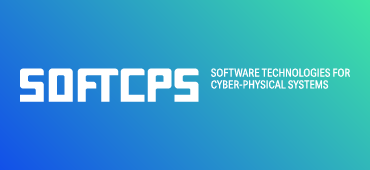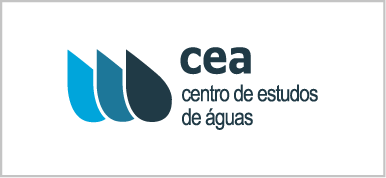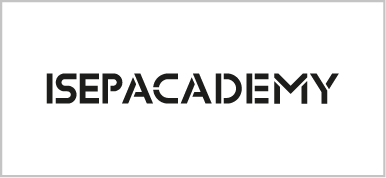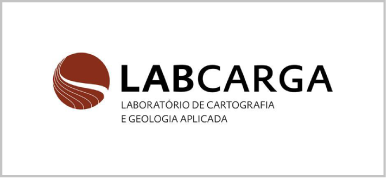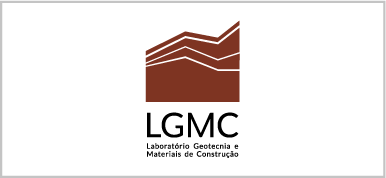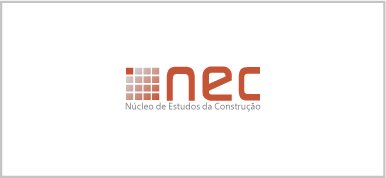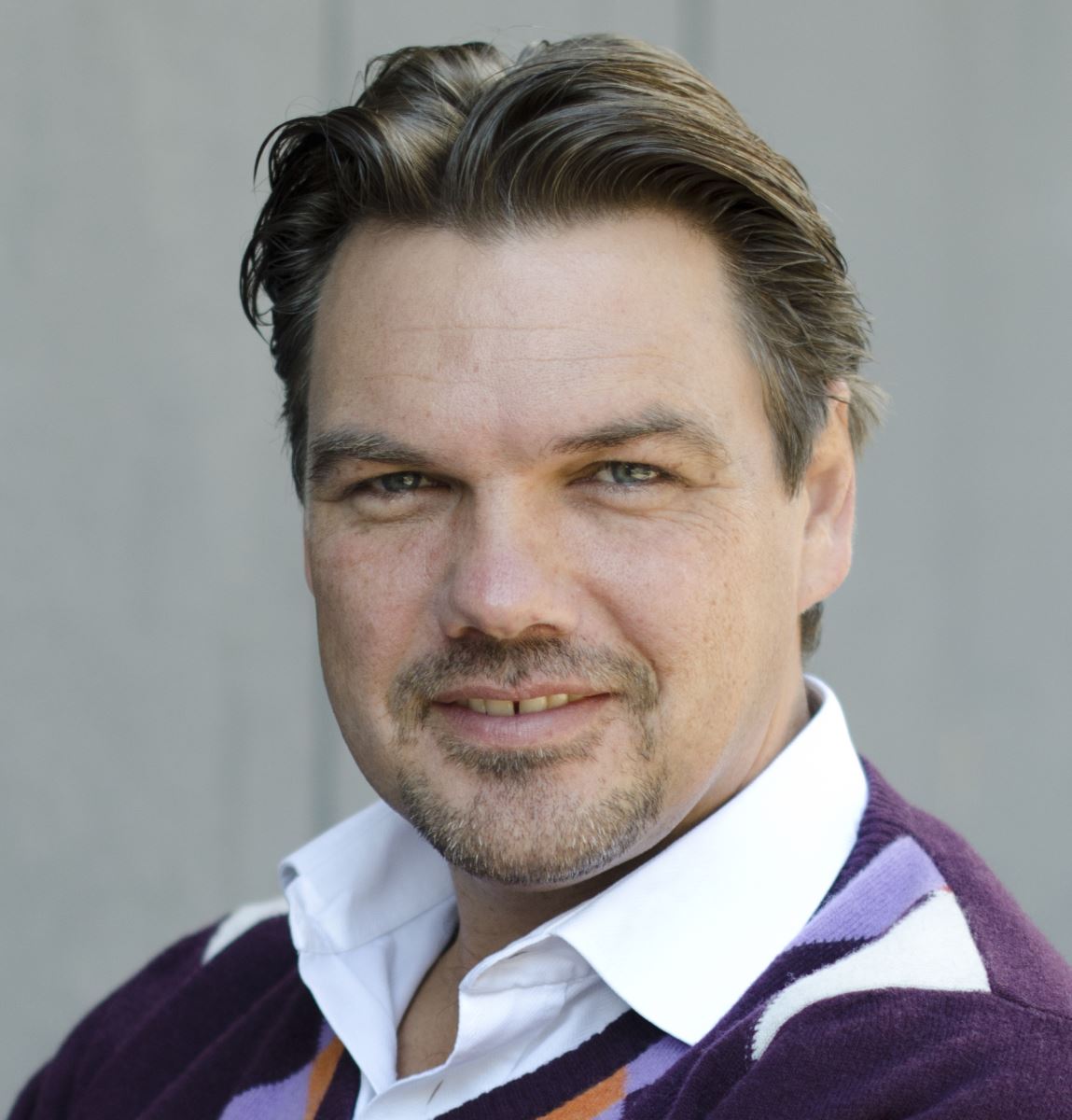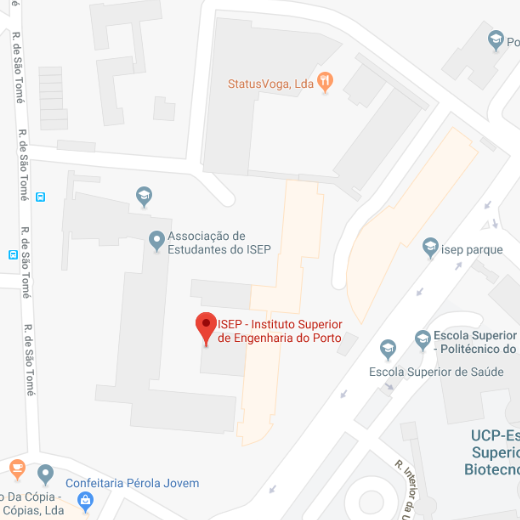
Invited speakers
Matthias Ludwig
Goethe University Frankfurt, Germany
MoMaTrE - Mobile math trails in Europe, a combination with traditional teaching methods and technology.
Mathematical modeling tasks in schoolbooks are often rather boring and they have a lack of authenticity (Vos 2013). With the MathCityMap-Project (MCM-Project) we like to motivate students to solve real world tasks by using expedient mathematical modelling ideas. The MCM-Project is based on the math trail idea introduced in Melbourne, Australia in 1984 (Blane &Clarke, 1984). A math trail is a walk where you can discuss, solve but also phrase or formulate mathematical tasks (Shoaf et al, 2004). To solve a task you have to interact with the place or with an object where the task is located. You also need to deal with the idea of mathematical modeling, because you should transform the real situation into a mathematical model where you can do mathematics.
With today’s technical opportunities, the math trail idea experienced a revival (Ludwig et al, 2013). In the MCM-project we use a MCM app for mobile devices from which the math trail walker can get their trail guide and different hints to solve the problem. The app can also check your answers. Using the MCM-webportal we are able to give interested people access to all the developed tasks. Users are able to have a look on the published tasks and can customize these tasks easily to their needs. The registered users are not forced to publish their own tasks but they can share them with friends.
SHORT CV
Matthias Ludwig is Full Professor in Mathematics Education at Goethe- University Frankfurt, Germany where he teaches mainly secondary education students. He is the head of the Institute for mathematics and computer science education. Before he became professor he was Teacher for mathematics and physics in a Secondary school and a College. His research in math education is about mathematical modeling, doing Outdoor mathematics and spatial geometry with technology. His publications include Math and Sport (A mathematical View on the Olympic Games), Proceedings of the Geometry Group of the German society of Mathematics education and several research papers at international conferences. He is leader of the Erasmus+ strategic partnership MoMaTrE (Mobile mathtrails in Europe). He is also editor of a series of mathematical text books for secondary students, called Mathe.Logo.
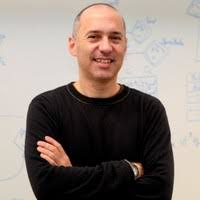
RUI M. LIMA
Universidade do Minho
Basic Principles and Learning Models Based on Interdisciplinary Projects (PBL): solving real industrial problems for skills' development.
The Bologna Process has reconfigured the curricula approach of Higher Education in Europe, placing the student in the centre of the teaching -learning process, giving him greater autonomy. In this context, it was possible to introduce active learning strategies (Christie & de Graaff, 2017, Lima, Andersson, & Saalman, 2017), capable of increasing students’ motivation and developing technical and transversal skills. Among these strategies we can highlight the following: – Problem-Based Learning - PBL (Graaff & Kolmos, 2003; Perrenet, Bouhuijs, & Smits, 2000), Project-Based Learning - PBL (Edström & Kolmos, 2014; Helle, Tynjälä, & Olkinuora, 2006; Powell & Weenk, 2003), flipped classroom (Lucke, Dunn, & Christie, 2017) and learning games (Deshpande & Huang, 2011).
In Engineering courses projects' application have been relevant as an approach to learning. Throughout the history of Engineering Education individual or group projects with a greater or lesser degree of interdisciplinary have been applied. In recent years, particular attention has been given to team projects with high interdisciplinarity requirements. This bet is justified by the potential of PBL-based approaches: a) being open projects, without a previously defined solution, the students’ teams have to make decisions throughout the process; b) as they are interdisciplinary projects, it contemplates the integration of several areas of knowledge, making students’ learning more meaningfully; c) being projects with themes allow a connection to professional reality, therefore the articulation between theory and practice becomes more evident.
The implementation of interdisciplinary learning projects appears in the Integrated Masters in Engineering and Industrial Management in 2005, in the context of the development of innovative experiences in preparation for the adequacy of the course to the challenges proposed by the Bologna Process (Carvalho & Lima, 2006; Lima, Dinis-Carvalho, Flores, & Hattum-Janssen, 2007).
Nowadays, they take a prominent place in the curricular structure of the Integrated Master in Engineering and Industrial Management, due to the work developed by a group of teachers who work in a collaborative environment and of students who are committed to the realization of the projects and recognize it with a more- value in initial training (Fernandes, Mesquita, Flores, & Lima, 2014; Mesquita, Lima, & Flores, 2013).
This communication aims to spread and disseminate the impact of implementation of learning based on interdisciplinary projects (Project Based Learning) in interaction with companies, in the Integrated Master in Engineering and Industrial Management, University of Minho. It seeks to document the work carried out during 12 years and to promote its diffusion to other contexts, aiming to foster innovative teaching and learning processes based on the principles of interdisciplinarity and articulation between initial training and professional practice.
SHORT CV
Rui M. Lima is an Associate Professor of the Department of Production and Systems, School of Engineering of University of Minho, Portugal. His current professional activity is centred on teaching and/or researching in Industrial Engineering and Management, mainly in the following areas: Production Management; Lean and Agile Project Management; Lean Services; Lean Production Systems; Engineering Education; Project-Based Learning (PBL); University-Business Cooperation (UBC). He is currently involved in international projects with universities of eight different countries from Europe, Asia and South America. He has more than 120 publications in journals, conferences and book chapters. He have been involved in editorial work in Ind. Engineering and Engineering Education journals.
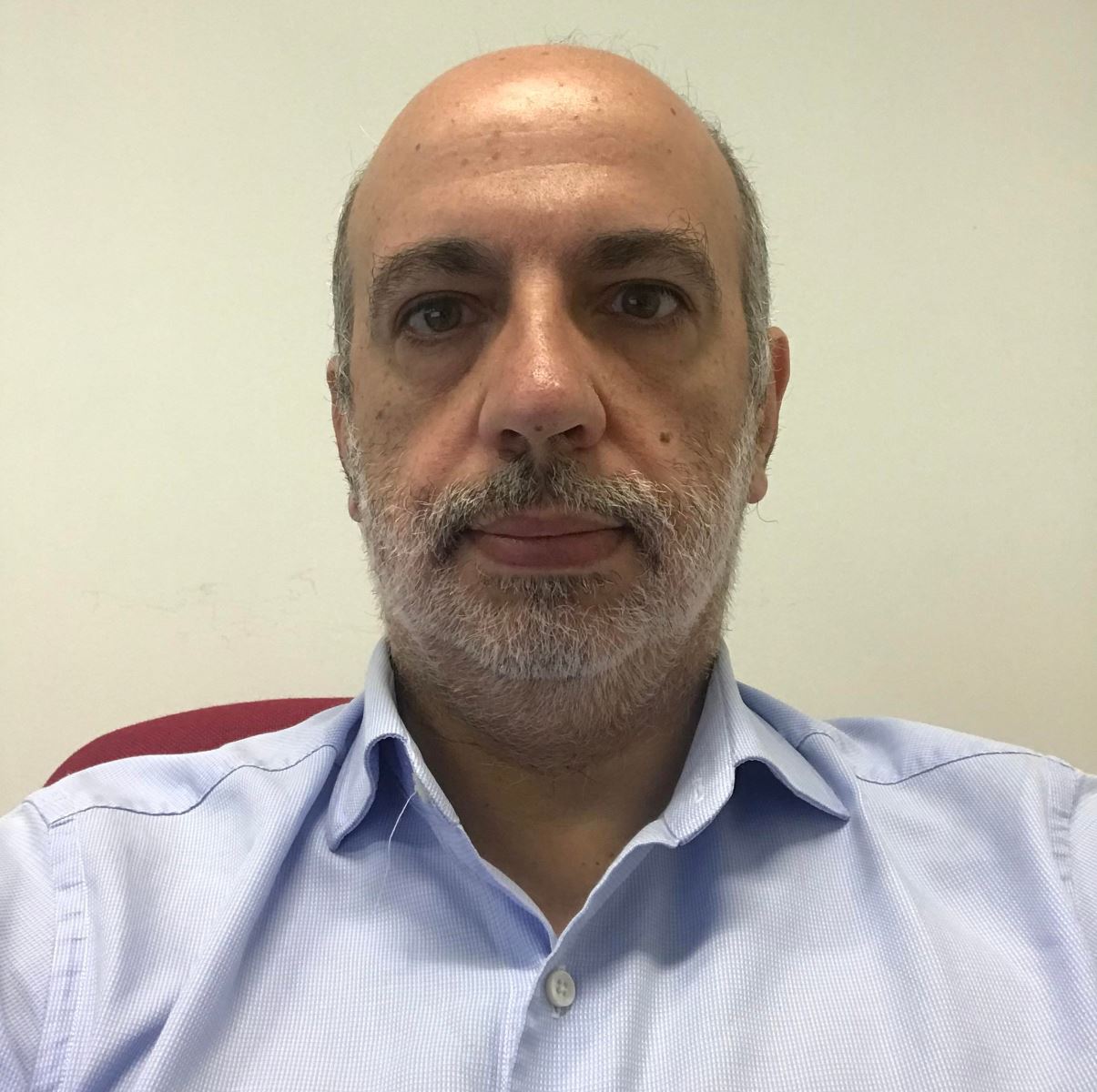
Carlos Vaz de Carvalho
Instituto Superior de Engenharia do Porto, Portugal
GAMES, SERIOUS GAMES AND THE TEACHING OF ENGINEERING.
The mechanic and dynamics of games capture the player's interest, playing a role in both their intrinsic and extrinsic motivation, keeping them engaged for large periods of time. Serious Games are designed to make the most out of the immersion and involving context of games that promote the development of knowledge, abilities and competencies. By playing, one learns to make decisions, to design strategies, to lead, to work in a team, to cooperate, among other.
Thus, Serious Games are successfully used in different areas, such as engineering, health, education, marketing, social awareness, emergency management, scientific research, etc. Research has shown that a considerable amount of motivation and immersion within this context by the user results in a stricter upholding of the "serious" objectives.
In this session we will look in detail at the concept of serious games, giving examples of how they can be applied to the teaching of Engineering and show how they can actually promote Active Learning.
SHORT CV
Carlos Vaz de Carvalho holds a degree and Master degree in Electrical and Computer Engineering by the Faculty of Engineering of the University of Porto and a PhD in Technology and Information Systems by the Engineering School of the University of Minho.
He has been teaching at Higher Education Institutions for 26 years in the Computer Engineering department at ISEP. Throughout these years he has produced pedagogic contents for over 10 different subjects, mostly involving innovative online components. He has also been responsible for the planning and development of curricula for several of these subjects, namely the ones included in the Computer Engineering Master degree. It should also be highlighted that he has participated in curricular reform processes, some at European level, and that he has been the main promotor of the profile in Graphic Systems and Multimedia in the Computer Engineering Master degree.
Simultaneously, he has been a predominant figure in short term training, with emphasis on those related to e-learning in collaboration with high profile institutions in this field.
At a scientific level, he was a researcher for INESC (Graphic Computing Group) between 1988 and 1996. Afterwards, he started to develop his scientific career in e-learning at ISEP. From 2005 till 2014 he was the Scientific Coordinator for the GILT (Graphics, Interaction and Learning Technologies) Research Group. He has oriented 8 PhD thesis and 30 Master dissertations in the field, he has authored over 150 papers and communications about the topic, including 10 books (as author and editor). His participation in over 45 National and European projects must also be highlighted. Of these he coordinated 15. Due to the nature of these topics, these projects have always been both scientific and pedagogic.
He was the director (2001-2005) of eLearning at ISEP and at the Instituto de Desenvolvimento Tecnológico. Between 1997 and 2000 he headed the Distance Learning Unit at ISEP.
From 2011 till 2013 he was President of the Portuguese Chapter for the Educational Society from IEEE. In August 2011, he became a Senior Member at IEEE, as a recognition for the relevance of activities within the scope of Engineering teaching.
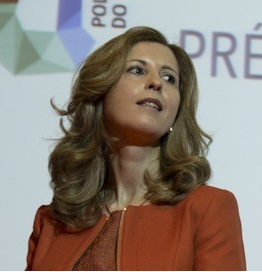
Paula Peres
Politécnico do Porto
Higher Education in a Digital Networked Society.
Globalization, highlighted by technological innovations, fosters education places to be involved in global learning phenomena, which may and should keep their regional specificities. The way technologies are integrated influences positively or negatively the learning process, which, above all, is a process of social and cognitive interaction in digital and networked spaces.
This paper reflects on the ways in which technologies are used to communicate and promote learning and to eliminate geographical and cognitive barriers, recognizing that in the learning processes (global or local) it is important to understand each subject as a complex entity, derived from a combination of both biological and psychological factors inherent to experiences that leave either positive or negative marks, either more superficial or deeper.
SHORT CV
She has an aggregation in the doctoral area of Education: Online Education and eLearning, a post-PhD and a PhD in Education technologies area. Master in computer science and graduate in Math Computer. She has a Post-graduation in adult education. She is currently teaching on the Information System scientific area in the School of Accounting and Administration of Porto / Polytechnic of Porto (ISCAP/P.PORTO). She was the pro-president for e-Learning of Polytechnic of Porto from 2016-2018. She was responsible for the Training Center and Services of ISCAP/ Polytechnic of Porto, from 2011-2018. She is the coordinator of the unit of eLearning and Pedagogical Innovation of P.PORTO (EIPP/P.PORTO). She is a director of the Innovation and Digital Communication post-graduation b-learning course.
Since 2003, she is developing many research activities concerning the e/b-learning and Pedagogical Innovation. She has been a member of the Program and Scientific Committee of several conferences. She is a scientific coordinator of some e-learning research project. She serves as Member of the Editorial Board and referee for many scientific journals and is a guest editor of the Journal of Cases on Information Technology. She has some books published in the information system and e-learning area.
Instituto Superior de Engenharia do Porto
Rua Dr. António Bernardino de Almeida, 431
4249-015 Porto, Portugal
GPS:
41° 10' 41.5" N
8° 36' 25.5" W


















